Russia warns UK nuclear arsenal plan harms global security
By DW
17 March 2021 |
2:34 pm
The Kremlin has said the UK's decision to increase its nuclear arsenal represents a serious blow to arms control. Moscow also said it would take Britain's move into account when working on its own military planning.
In this article
Related
1 day ago
Related
2 days ago
A book by Frank-Walter Steinmeier titled 'We' searches for diversity in the face of division, though it's a difficult balancing act for the head of state.
1 day ago
The central Mexican city of Celaya has become the scene of a brutal turf war between rival drug cartels. These criminal groups have taken advantage of its strategic position at the crossroads for transporting drugs into the United States. Kidnappings, shootouts with police and drive-by killings now occur on an almost daily basis in broad daylight. Nearly 500 people were killed in Celaya last year. The city's police officers (pictured) risk their lives every day and are forced to travel in armoured vehicles. Our France 2 colleagues report, with FRANCE 24's Lauren Bain.
1 day ago
German teenagers and young adults find themselves increasingly unsatisfied and likely to vote for the far right, according to a survey. Fears about prosperity are highlighted as a possible cause.
1 day ago
We look at the US papers, who react to Ukraine being granted a $61 billion aid package. Also, five migrants die attempting to cross the Channel, just hours after the controversial Rwanda asylum bill is passed by the UK parliament.
1 day ago
Israel's economy suffered a major contraction in the final quarter of 2023, following the terrorist attacks. Its economy shrank by 5.2% compared with the previous quarter. Much was related to the labor force disruption which resulted when around 300,000 reservists were called up to the country's armed forces.
8 hours ago
Amnesty International is accusing Israel of a flagrant disregard for international law during its offensive in Gaza. The organisation's annual report says the situation is being compounded by the failures of Israel's allies to stop the indescribable civilian bloodshed being seen in the Palestinian enclave.
Latest
44 mins ago
As India's opposition leader Rahul Gandhi claims on the campaign trail that Prime Minister Narendra Modi has made the country into a "centre of unemployment", we look at the situation that young Indians face on the job market. Also in this edition, the US will see its first high-speed rail line in 2028, when commuters will be able to travel from Los Angeles to Las Vegas in just over two hours.
44 mins ago
The European Commission on Wednesday announced it is launching an investigation into Chinese public procurement of medical devices.
3 hours ago
Guardian Woman Festival: Fostering inclusion and empowerment in aviation.
7 hours ago
Private sector players are urging the Nigerian government to suspend the increase in electricity tariff for band A customers, citing the recent appreciation of the naira, a part of the determining factor for the tariff. Segun Ajayi-Kadir, Director General of the Manufacturers Association of Nigeria, joins CNBC Africa for this and more.
8 hours ago
The president of the Confederation of African Football (CAF) Patrice Motsepe discussed his ambitions for African football and his tenure as CAF president.
1 day ago
Find these stories and much more when you grab a copy of The Guardian on Thursday.
×

Get the latest news delivered straight to your inbox every day of the week. Stay informed with the Guardian’s leading coverage of Nigerian and world news, business, technology and sports.


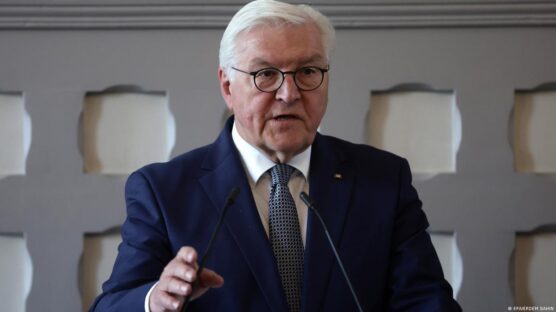
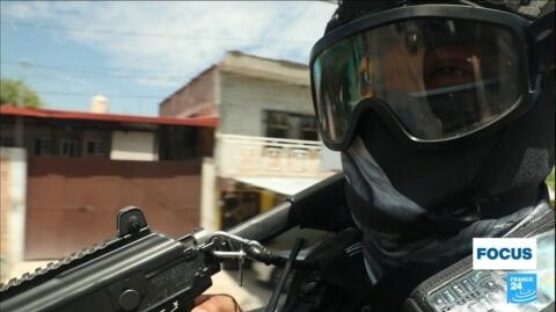

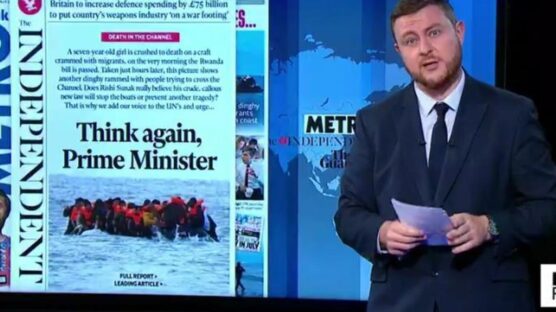
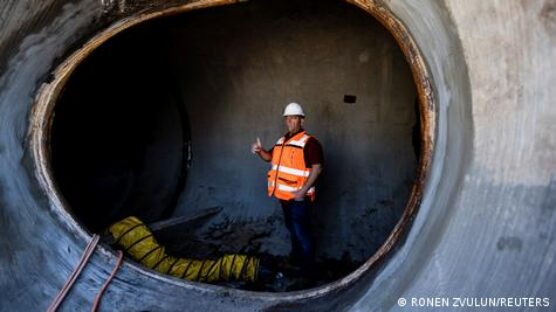
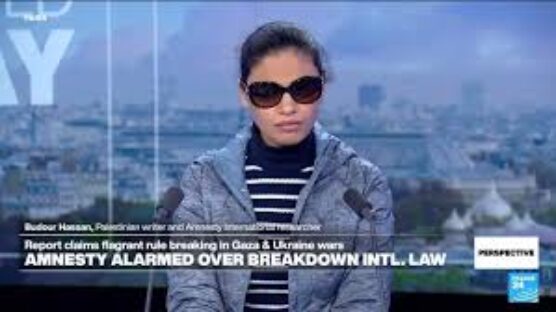




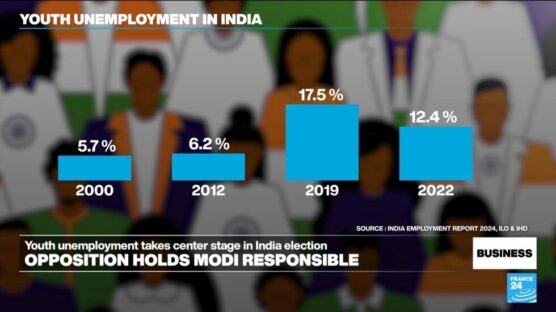
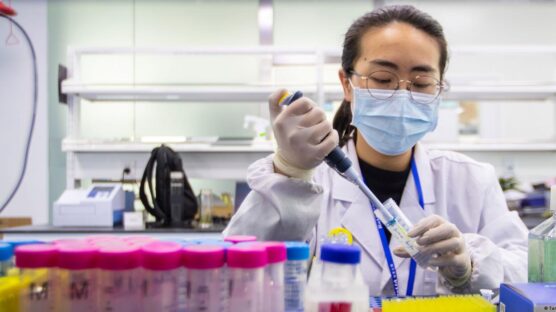
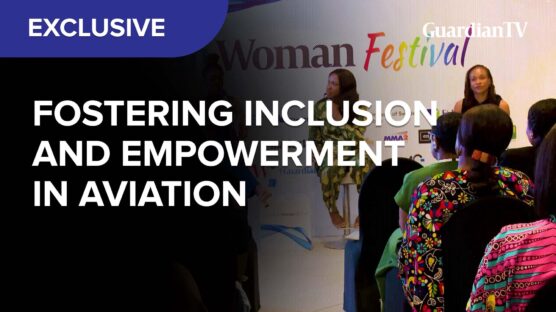
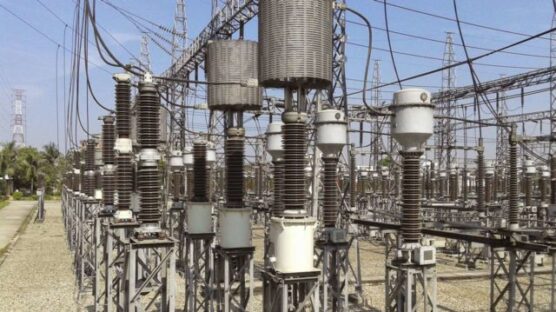
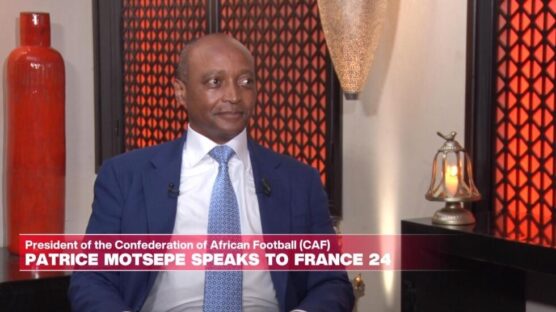
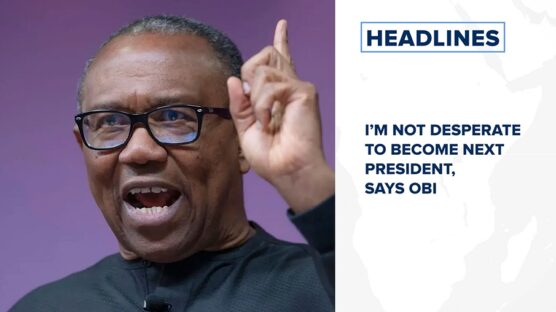
0 Comments
We will review and take appropriate action.